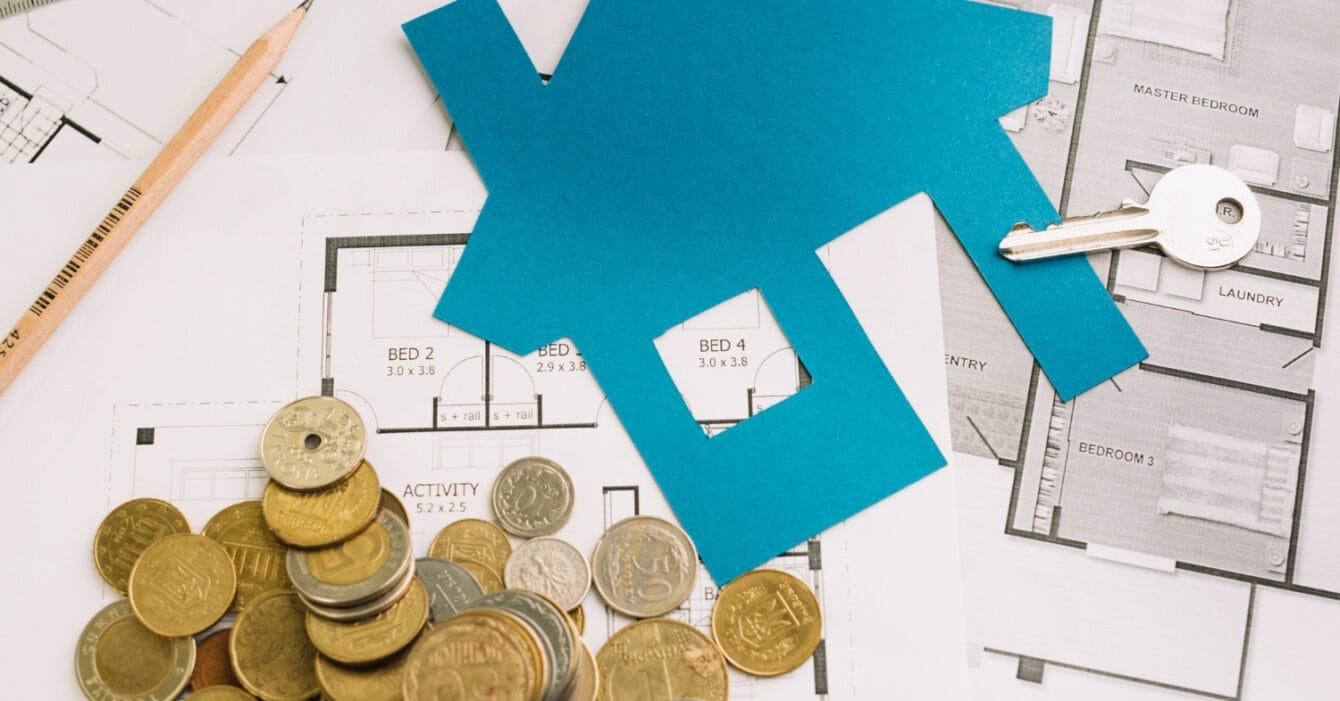Indonesia’s construction sector has become one of the most promising areas for investment, driven by the government’s growing budget and commitment to infrastructure development. This sector offers varied financing options, especially as both government and private sectors seek innovative ways to fund the country’s ambitious projects. Let’s explore the main Indonesia Construction Financing available for developers and how they can tap into Indonesia’s booming construction market.
Government Budget Allocation: A Growing Commitment
The Indonesian government’s budget for infrastructure has steadily increased, highlighting its support for the construction sector. For instance, in 2020, the government allocated IDR 423.3 trillion, up 5.9% from the previous year. This steady rise in Indonesia Construction Financing demonstrates a commitment to enhancing connectivity and building national infrastructure.
More recently, the 2023 budget for infrastructure saw a 7.75% increase from 2022, reaching IDR 392 trillion. The Ministry of Public Works and Housing aims to focus these funds on essential projects, often through public-private partnerships (PPPs). In fact, several significant PPP projects, totaling about IDR 138.41 trillion, are already underway, showing the government’s willingness to work with private entities to meet the country’s infrastructure needs.
Indonesia Construction Financing Sees Private Sector Participation
Private investment is essential for Indonesia Construction Financing, especially as demand for infrastructure grows. According to the Medium-Term National Development Planning (RPJMN), private sector investment is expected to cover 36.5% of the overall infrastructure financing needs. This translates to an annual demand of around IDR 402.8 trillion (USD 31 billion), offering developers substantial room to participate in high-impact projects.
However, there remains a notable gap. Domestic institutional investors in Indonesia manage assets valued at IDR 915 trillion, yet their contribution to infrastructure remains limited. This suggests a significant opportunity to bridge this gap by encouraging institutional investors to increase their involvement, potentially through better engagement and incentives.
Read More: The Effort for Affordable Housing Projects Indonesia
International Collaboration for Growth

Global partnerships play a critical role in Indonesia Construction Financing, especially for funding large-scale infrastructure projects. Recently, a significant collaboration between the US and Indonesian governments has led to a USD 649 million investment. This aimed specifically at bolstering infrastructure, including essential transport and logistics systems. Such international collaborations demonstrate that foreign investments are not only feasible but also strategically valuable, providing capital while fostering global cooperation.
The focus on partnerships extends Indonesia’s financing sources beyond national boundaries. As a result, it’s enabling developers to secure funds for projects that align with the broader goals of economic development and sustainability.
Expanding Opportunity and Expanding Indonesia Construction Financing
Indonesia’s construction market is expected to reach USD 284.17 billion by 2024, with a robust compound annual growth rate (CAGR) of 7.5%. This growth trajectory will likely lead to a market size of USD 407.87 billion by 2029, with civil and building sectors contributing significantly. In 2023 alone, the Indonesia Construction Financing market is projected to be worth IDR 332.95 trillion, signifying strong demand for infrastructure and building projects.
The government’s budget increases, coupled with rising private sector participation, make Indonesia an attractive market for both domestic and foreign developers. With such opportunities on the horizon, developers can expect a favorable environment that supports economic recovery and growth.
Read More: Infrastructure Development Plans Indonesia: The New Era
Indonesia’s construction sector is flourishing, supported by extensive government budgets, active private sector participation, and strong international partnerships. Developers seeking financing have several options, from government-backed initiatives and PPPs to private and international investments. As the market continues to expand, these Indonesia Construction Financing avenues will likely play a crucial role in meeting the nation’s ambitious infrastructure goals and shaping its future economic landscape.

